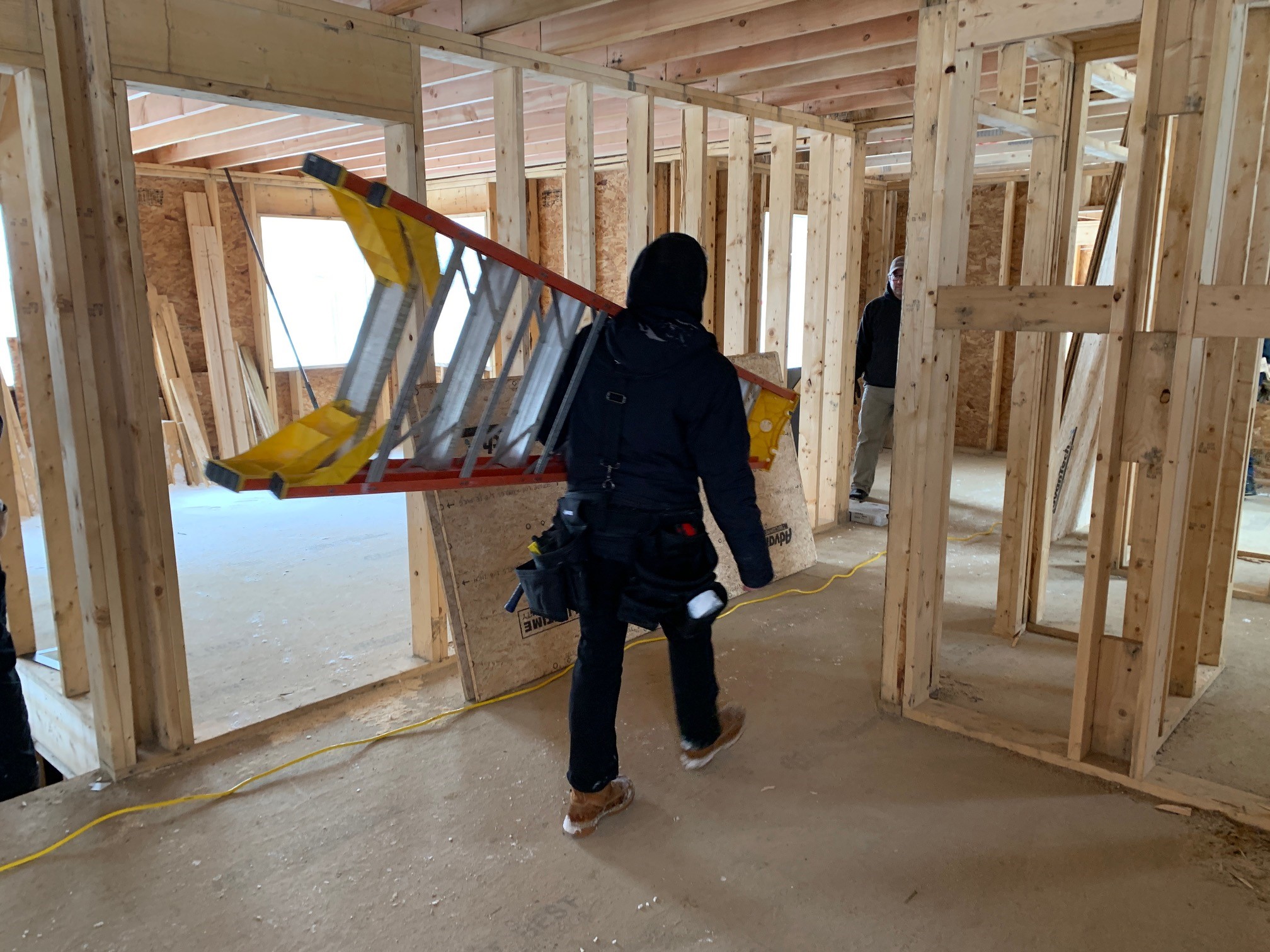A third Democrat known for her work in the Vermont Legislature has entered the race for the small state’s lone seat in the U.S. House of Representatives.
One of those candidates could well make history when it comes to gender representation, because Vermont has not yet elected a woman to serve in Congress.
"The stakes are too high for politics as usual," said Kesha Ram Hinsdale, during her formal campaign kickoff Thursday in Winooski. "I will bring the Vermont way to Washington."
Ram Hinsdale currently serves as a state senator from Chittenden County, and previously served as a representative in the Vermont House from Burlington.
Get New England news, weather forecasts and entertainment stories to your inbox. Sign up for NECN newsletters.
Calling herself a pragmatic and progressive Democrat who vowed to fight for working families and the environment, Ram Hinsdale became the third female Democrat to enter the U.S. House race.
Molly Gray, currently serving her first term as lieutenant governor, was the first to declare her candidacy, last month.
Gray grew up on a produce farm in Vermont. She is a lawyer who previously worked as an assistant attorney general and as an advocate for human rights internationally.
More Vermont News
"I’ll be fighting for every corner of Vermont, but I’ll be fighting for our working families and the things that we need," Gray said December 6, the day she publicly announced she was entering the race.
Becca Balint of Windham County, the current president pro tem of the Vermont Senate, announced her candidacy December 13.
"Vermonters all deserve quality healthcare that won’t bankrupt them," Balint said.
Balint is openly gay, a mother, and a former educator. Her position in the Vermont Senate makes her one of the most influential state lawmakers.
The field is notable because Vermont is still the only state in the country to have never elected a woman to Congress.
"It’s a bit of a black eye on the state," said Ellen Andersen, who studies gender in politics at the University of Vermont.
Andersen said she expects, given the state’s recent reputation for going blue in federal races, that the long streak of having only Vermont men in D.C. will end after November.
"It matters to girls growing up that they can see themselves in high political office in the country, that that’s not a job only men can fill," Andersen said in an interview Thursday.
Whoever is elected in the fall, they will become the first new face in the state’s three-person delegation in 15 years.
The upcoming retirement of longtime Sen. Patrick Leahy, D-Vermont, has set off big political shakeups.
"At some point, we will have 50-50 representation across the board," said Cary Brown, the executive director of the Vermont Commission on Women, a nonpartisan group that advocates for opportunities for women and girls. "And then we’ll know we’re successful — when our leadership reflects our population."
The Democrats do not hold a monopoly on female candidates or voters, cautioned the Vermont GOP.
"The Republican Party is open for women," said Paul Dame, the state party chair, who noted his party is talking to its own potential entrants in the House race. "I think we’ve got to find the best candidate — if that’s a woman, that’s great."
The candidates have more than six months to introduce themselves to voters and carve out policy differences.
Primary day in Vermont is August 9.




